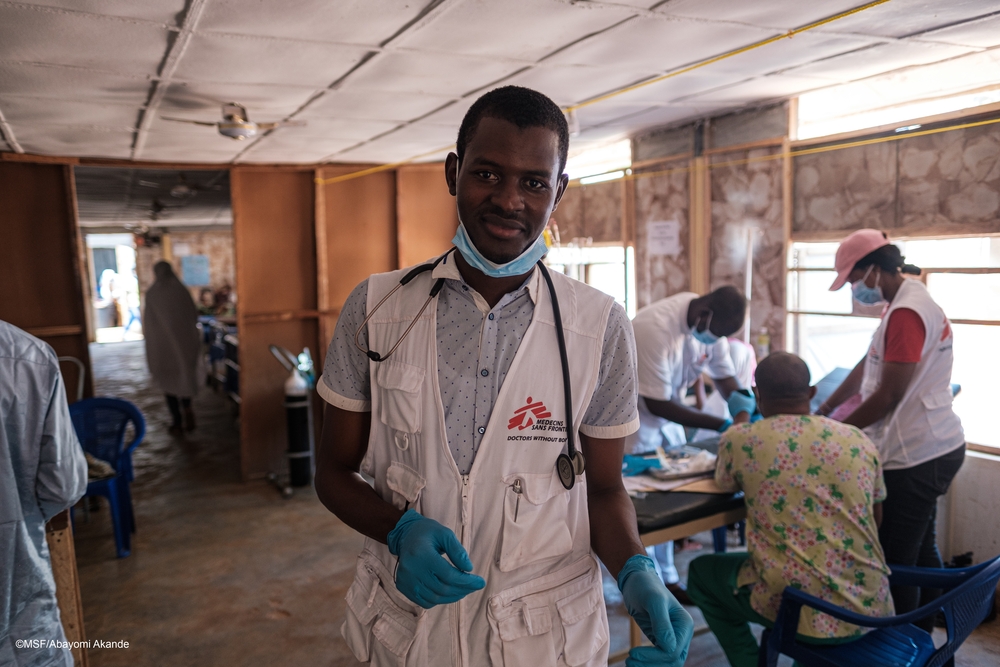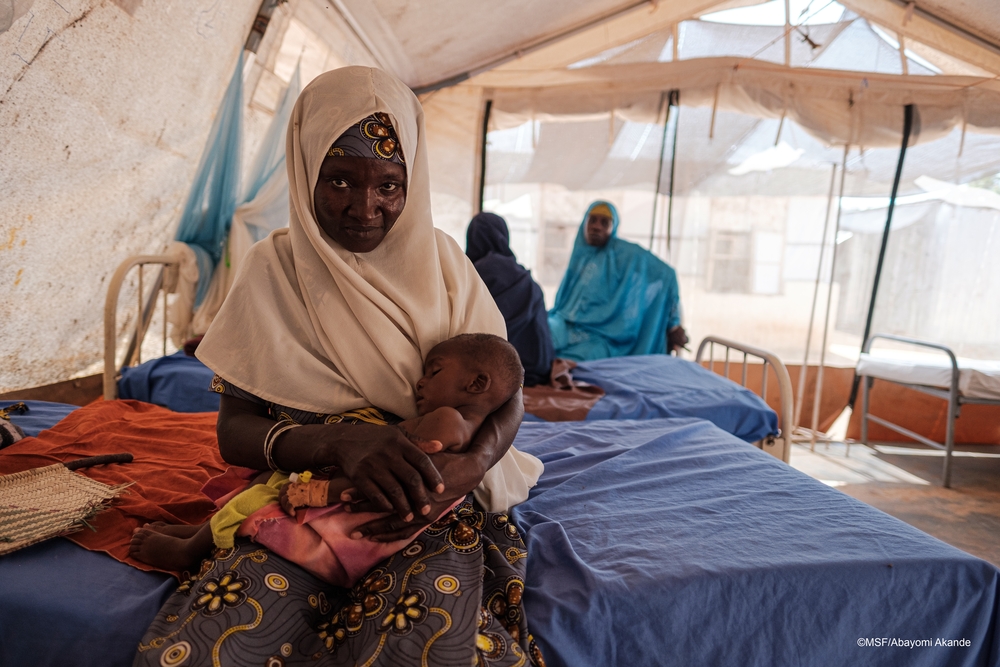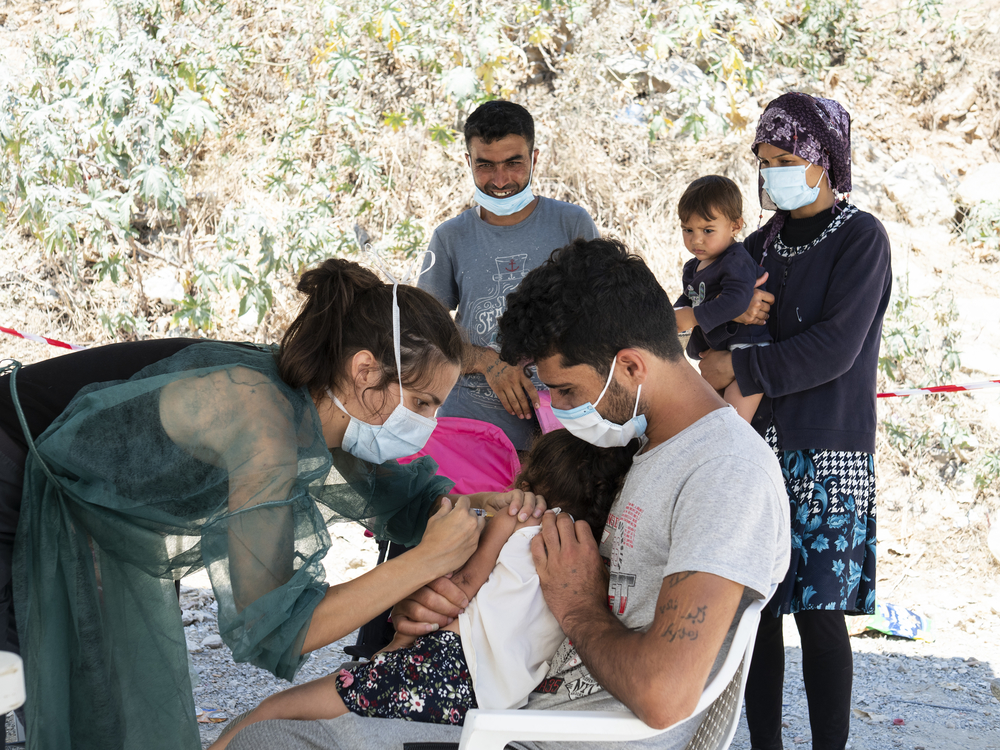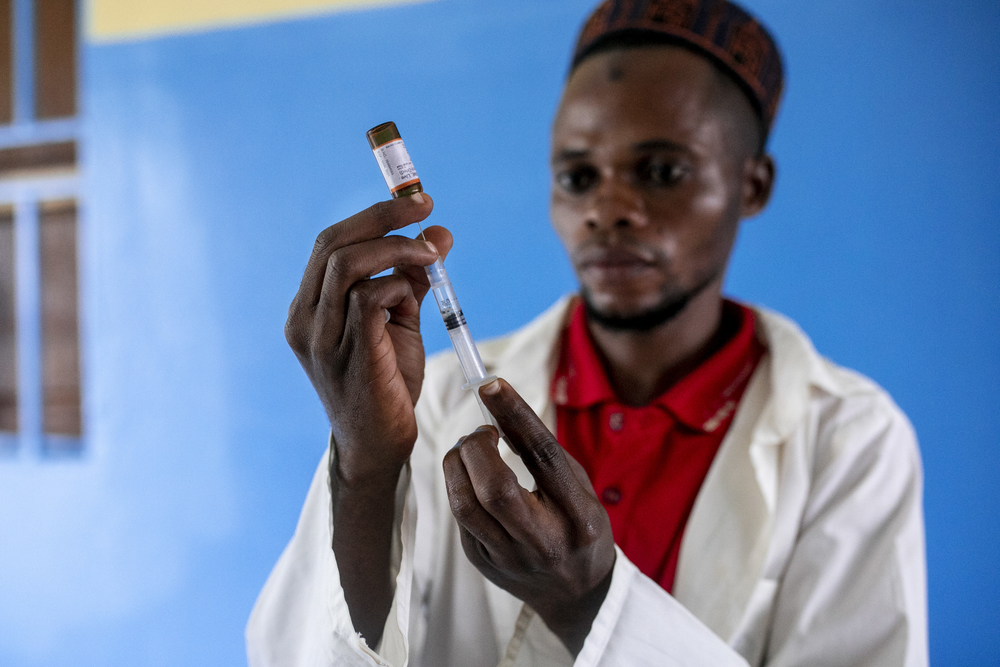I am responsible in our clinic for ensuring that no one brings in COVID-19. So far, we have succeeded. Every patient is screened and tested. As a result, we have detected quite a few cases. Of course, I'm always a little worried of catching it myself. But we have enough protective equipment in our clinic. The situation is different in the state clinics. There, to this day, the staff does not have sufficient masks, sometimes not even gloves.
In Nigeria, if you come as a patient with a suspicion of COVID-19 to the admission of a state hospital, you are not treated immediately. First you have to bring gloves and masks yourself. Many colleagues in state hospitals have been infected. Nevertheless, they continue. Because we as doctors and nurses have a duty to the people here.
We are doing our part to stop this pandemic, for Nigeria and for the world. But we don't stand a chance if the politicians who decide on the vaccines let us down.
I have heard that in Australia, around 35 per cent of adults are fully vaccinated. I am pleased about that. I'm a doctor, I don't discriminate according to where patients come from. Therefore, every high-risk patient who is vaccinated is good news for me. But I do wonder: what about the high-risk patients in my country?




